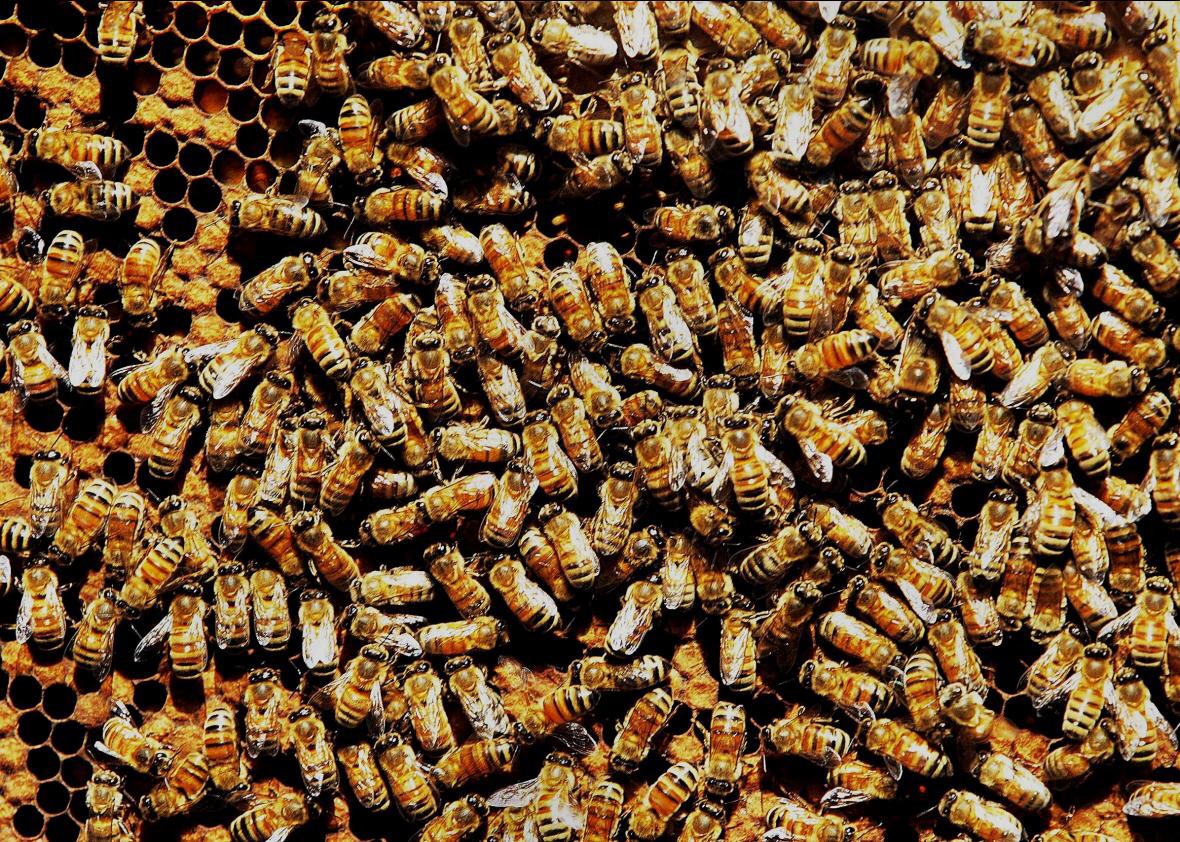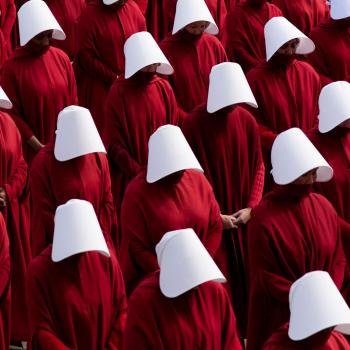We are a nation of worker bees. We have been so for a long, long time. Worker bees spend their lives fulfilling their mission–doing anything and everything needed to serve the needs of the queen bee, the sustainer of life for the colony.
Unlike nature’s bee hive, where all worker bees are on the same “team”, in our human colony, worker bees were long ago divided into opposing groups working at cross-purposes but still serving to keep the queen fat and happy. Now we have groups of “blue” worker bees huddled in urban slums and inner city ghettos. We have other groups of “red” worker bees that shack up in the hills and hollows of Appalachia. Neither group of worker bees finds much real work these days. Both groups have fallen into decades of poverty, drug abuse, and crime. Each group casts a suspicious, if not disdainful eye at the other and both groups are key constituents of opposing political parties.
Yet, both groups of worker bees were used to help build this nation.
The blue bees’ ancestors came to the colony against their will and were forced into lives as involuntary servitude bees. Throughout the 18th and 19th centuries, the fruits of their forced labor made the nation into a world power. A long and bloody war was fought to allow them to become enfranchised worker bees. The aftermath of that war spawned a great deal of resentment which helped further divide the blue worker bees from the red ones. Many of the blue bees relocated to the industrialized North and found work in factories where they were convinced that they had made it big, earning enough to scratch out a little comfort for themselves while the queen grew fatter and fatter from their labor. Eventually, the queen found worker bees in other parts of the world who would work for less and the blue worker bees’ portion of the hive began to crumble into a rusty ruins and urban blight.
The red worker bees have Scots-Irish ancestors who came over from the old hive across the pond, not quite so enslaved as the blue bees, but not much better off, socioeconomically. These red worker bees began to establish themselves in the beautiful isolation of the rugged Blue Ridge Mountains. The lands they settled were soon found to be a gold mine of mineral resources to sustain the queen, who came in and took the rights to what she needed for next to nothing. Then she set the red worker bees to the task of crawling beneath the earth to retrieve for her the bounty she had taken from them, paying the bees a mere pittance in return. The red worker bees were convinced they had it made, being provided nice little homes by the queen and given enough pay to buy some food and useful trinkets at the company store. They buzzed along in contentment, while it lasted, until machines were brought in to replace the bees. Suddenly, their little comfort pittance dried up. The red bees are there still, cluttering their once beautiful portion of the hive with the artifacts of a slowly dying culture.
I’m far from the first person to point out that the poor, inner city blacks and the poor “hillbilly” whites suffer the same fate by being forever played by the power structure. The two groups have been brainwashed into believing that they are supposed to be on opposite politcal teams and, for many decades, their votes have been cancelling each other out in a way that has continued to seal their fate.
In the 1968 documentary, Appalachia: Rich Land, Poor People, there is a powerful scene where a young Reverend Andrew Young is speaking before a packed auditorium of poor whites in a Southern Appalachian coal town. Young’s message was that they needed to wake up and realize that poor inner city blacks and poor mountain whites should be working together to stand up for real change in their lives. Then, a local white leader, Robert Fulcher, took the podium. In a particularly poignant and emotional speech, Fulcher admitted to the crowd that he was a recently changed man, that his eyes had finally been opened. He embraced Rev. Young and called him a friend, saying he couldn’t have done that just a few months previous. He went on to speak powerfully in agreement and support of Rev. Young’s message–that the only way to effect positive, lasting change in America’s poverty stricken ghettos, be they urban or rural, is to join forces with once percieved enemies to stand up in unison for basic human rights…ALL humans. Fulcher’s words were met with great enthusiasm from the mostly poor white crowd in that auditorium but, fifty years later, things have not changed except, perhaps, for the worse.
Since that documentary, drugs and crime in the inner cities and the hills and hollows of Appalachia have added a whole new level of despair to the picture of America’s worker bees. And yet, the red and blue bees are more divided than ever. If someone can finally be successful in getting the worker bees to work together, change will happen.
Until then, the hive will continue to deteriorate.












